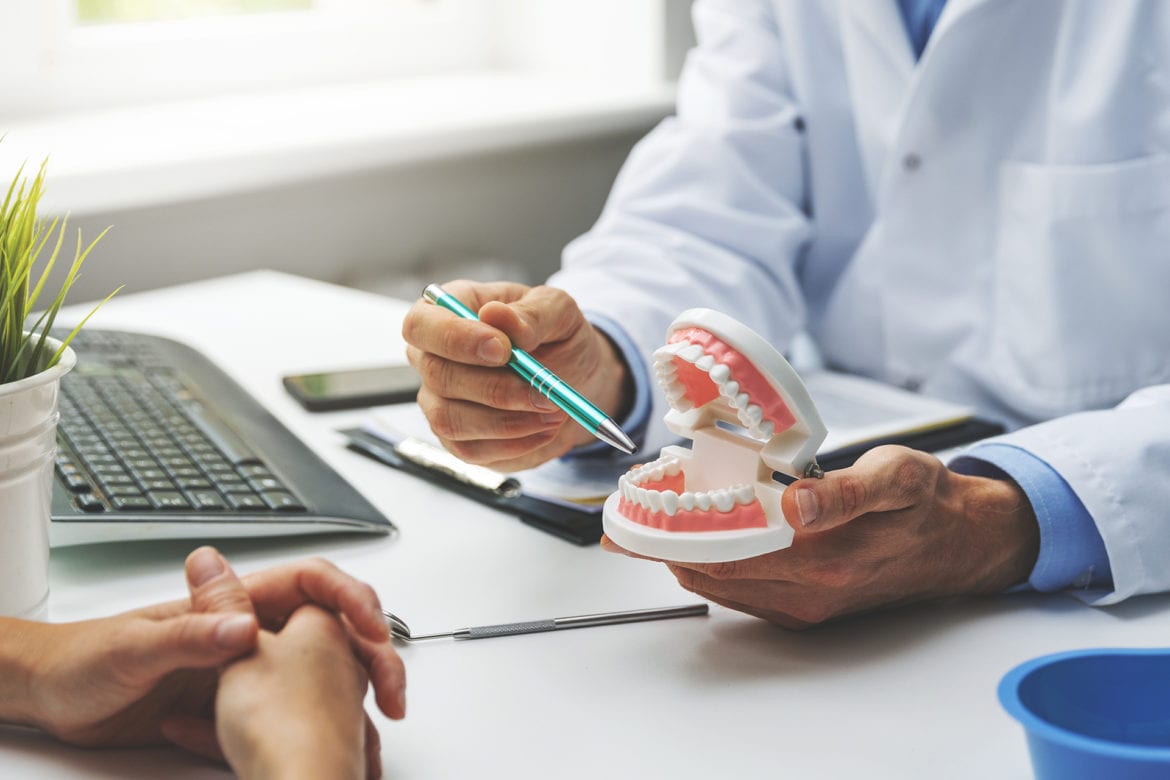It might appear that 2020 has narrowed your opportunities in dentistry. Yet, industry shifts could also open your mind to consider what has remained strong in a challenging year – the DSO model of dentistry.
The future of dentistry isn’t necessarily at risk. But changes in patient care protocols, the increased expenses associated with PPE, loss of production during the pandemic shutdown, and more are taking their toll.
Perspective being what it is – you might be among those who are weighing your options that will allow you to remain in dentistry…but without the burden of management, overhead, and the daily operations associated with a private dental practice.
A timely comparison of private practice dentistry and the DSO model of dentistry
Each model has its advantages. Those advantages might tip you one way or the other depending on the circumstances surrounding dentistry in general or your own personal issues relative to being a dental professional.
Patient care philosophy, personal preference, and the condition of your current team could sway you one way or the other as well.
Let’s briefly explore each as a type of comparison.
Private practice dentistry: the standard for independent dental professionals Private practice dentistry has weathered decades of challenge, change, and innovation. It, of course, remains the benchmark model for new and established dentists.
As just mentioned, innovation has guided the evolution of private practice dentistry. And while new technologies and treatment protocols have emerged there may have been virtually nothing that appeals to you otherwise as a dental professional.private practice-png
- As a private practice dentist you have a range of independence
- Decisions rest on your shoulders. This can be freeing or overwhelming at times
- On-call availability is manageable but consistently required
- You run-the-show whether you have the business savvy or not
The above typically applies to the solo (one dentist) private practice. The private practice model has expanded to include the group practice model also.
A private group dental practice has additional layers of complexity. But for some it provides a built-in support culture since the load is shared by two or more dentists or throughout a multi-site organizational structure.
Some of the above mentioned responsibilities (depending on who assumes the CEO role of the group) can be distributed throughout the group and/or the organization as a whole.
All things considered, there are pivotal advantages of the private practice model – solo or group.
The DSO model of dentistry: the appeal of freedom and support for dental professionals
Corporate dentistry via the DSO model revolves around management services. Those services provide you the opportunity to off-load many of the daily business protocols to your affiliated organization. You are then able to focus less on the management side of the practice and give attention to the clinical care side.
Aside from the supportive culture of the DSO model there’s financial consistency as well. Many large DSOs have a strong financial foundation. They can acquire your practice, remove your debt liability, and help secure your future. The…

